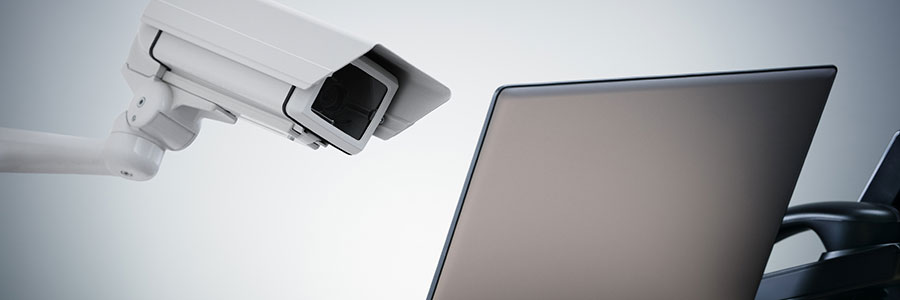Macs are known to be pretty secure as they don't seem to get viruses and malware as easily as Windows computers do. But the truth is, no computer is completely immune to malicious software. So how can you tell if your Mac has been infected with malware? Look out for these signs.
Beware: Macs aren’t immune to malware
Don’t fall victim to VoIP eavesdropping!

Eavesdropping is a cyberattack wherein hackers obtain and record Voice over IP (VoIP) phone conversations, usually to steal confidential information. This is done without the victim’s knowledge or consent. VoIP eavesdropping can be done by installing a VoIP sniffer on the company’s network, or by hacking into the user’s device.
Are Macs immune to malware?
5 Tips to combat VoIP eavesdropping

Eavesdropping is a form of cyberattack that has been around for years. Cybercriminals have been listening in on Voice over Internet Protocol (VoIP) phone calls since the technique was proven to be effective in obtaining valuable information, and they are showing no signs of stopping their malicious activities anytime soon.
Protect your Mac from these threats
Protect your Mac from malware

Viruses and malware creators are out to attack anyone and everyone within their reach — including Mac users. Despite Apple’s insulated macOS layouts, cybercriminals are finding ways to identify and exploit vulnerabilities.
Viruses that affect Macs
There are four general virus types that hit Apple products, and their effects can range from merely annoying to downright destructive:
Adware
Adware are unwanted programs that bombard users with pop-up advertisements.
Mobile security threats in Android
How SMBs can prevent VoIP eavesdropping

As a business owner, you should be aware of the different cyberattacks that your company faces. One of these is voice over internet protocol (VoIP) eavesdropping. As cybercriminals constantly find new ways to infiltrate your business and steal critical data, now’s the time to implement the proper defenses for your VoIP phone systems.
MR to be removed from Google search

If you imagine medical records as being stored in a cabinet somewhere in your local hospital, think again. Until quite recently, medical records were publicly accessible via Google. In an effort to prevent cybercriminals from capitalizing on these resources, Google has removed sensitive medical records from appearing in search results.
Five ways to avoid VoIP eavesdropping

With the recent headlines on cyber attacks via Voice-over-Internet-Protocol (VoIP) eavesdropping, the safety of your communication systems is clearly at risk. As cyber criminals constantly find new ways to infiltrate your business, now might be the right time to implement the proper defenses for your VoIP phone systems.
- 1
- 2




